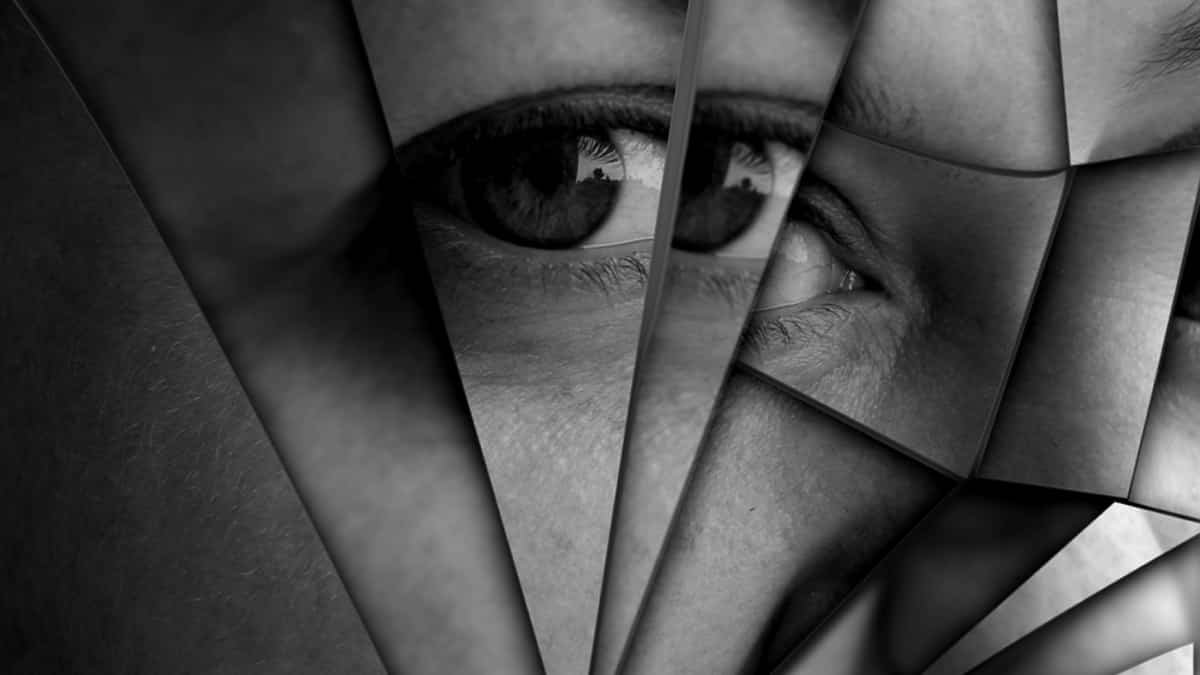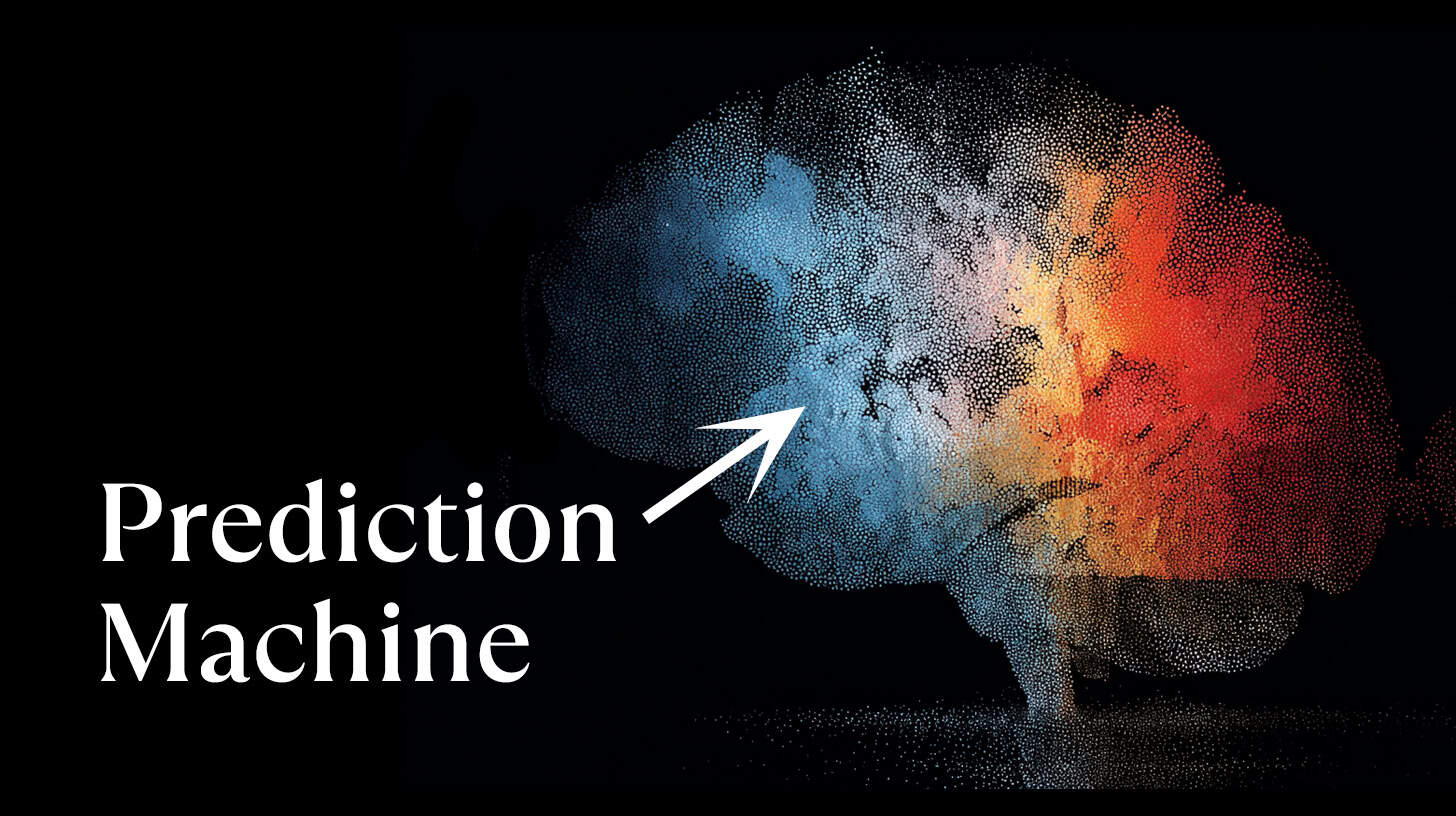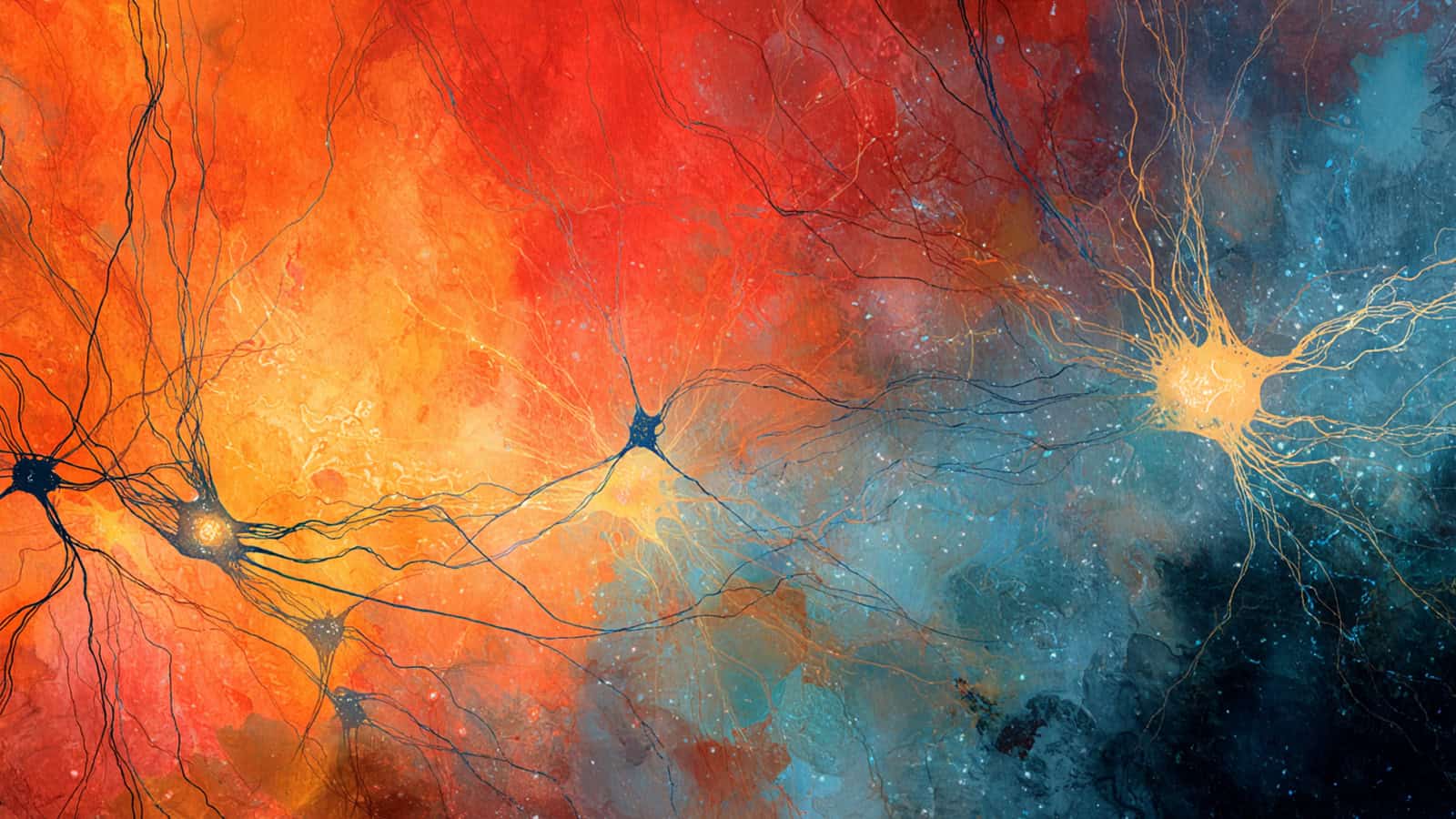Watch as Dr. Keith offers a “Psychotherapy Masterclass” that helps us work with various personality types as a foundation for healing, change, and self-actualization. While intended for other psychotherapy professionals, this discussion offers valuable insight for all of us, and can be immediately applied to our personal transformational work, whatever that may be.
We hope you enjoy!
Note from Dr. Keith:
Personalities are base notes—they are the collective instinctive strengths and weaknesses in each person’s responses to the world that feel normal to them. They are a form of type.
A personality disorder is an extremely maladaptive personality trait composed of deficits in a person’s ability to deal with the world, and instinctive reactions that cause significant problems in important realms.
Maladaptive personality traits occur on a continuum from milder impairment to major impairment. They generally reflect people being habitually less flexible, adaptive, and socially appropriate in ways that cause drama rather than solve problems. Drama is defined as participating in the persecutor/rescuer/victim triangle.
- On the more functional end of the continuum are people having problems with maladaptive habits of being, but also having some ability to receive influence without extreme resistance and who have some capacities to change behaviors.
- On the less functional end are people having significant problems with maladaptive habits of being, with little or no ability to ability to receive influence, and who have major resistance to changing behaviors—generally diagnosable as personality disorders.
Whatever mode of therapy you’re using, it’s beneficial to keep influencing clients to install missing capacities in their personalities and take responsibility for problems stemming from maladaptive personality traits. It’s always a good idea to help people be more flexible, adaptive, and appropriate. This is both especially difficult and crucially important with personality disorders.
What are personality disorders?
Our personality is a tool kit with different capacities embedded in traits—like empathy, trust, self-awareness, defensiveness, self-regulation, and a sense of humor—which we instinctively bring to bear on different problems. Some people have personality disorders that allow them to only have one tool to bring to bear on multiple situations, whether the tool is effective or not. Paranoid people are consistently suspicious, avoidant people are consistently resistant to social risks, etc. The end result is that in situations where the one tool isn’t adaptive, the person creates drama instead of solving problems.
Some research suggests that 15% to 19% of the general population have a major deficit in their personalities that cause them and others significant distress. For example:
- Obsessive compulsive personality disorder (2% to 8% of the general population, 3% to 10% clinical population) reflects someone who is rigid, controlling, and prone to flashes of anger when not in control. This person lacks flexibility.
- Narcissistic personality disorder (1% of the general population, 2% to 16% of the clinical population) reflects someone who is grandiose, entitled, and manipulative. This person lacks a sense of equality with other people.
- Borderline personality disorder (1.6% of the general population, 10% of psychiatric outpatient population and 20% inpatient population) reflects someone who cycles chaotically from normal to extremely distressed with accompanying distorted stories and destructive actions towards self and others. This person lacks proportionality.
People with personality disorders resist awareness of their deficits and taking responsibility for their problems. They enter therapy because of problems with their trait, not because they believe the trait is their problem. The foundation of their therapy—no matter what their presenting problem (which is often an artifact of, or amplified by, their maladaptive trait)—involves helping them become aware of their deficits and take responsibility to cultivate the missing capacities and observe how their one tool often creates drama rather than solves problems.
We need an observing ego, a Witness
Most change work involves helping people activate a compassionate Witness, an observing ego, who can see maladaptive traits and their consequences. People with personality disorders have little or no functional observing ego and need to develop a Witness to observe their maladaptive traits to be able to gradually install missing capacities and reduce maladaptive behaviors.
For example:
Borderline personality disorder: This person consistently shifts chaotically from seemingly normal to extremely distressed, reactive, and aggressive. They lack a sense of proportionality.
Therapeutic base note: Help them install proportionality, while reducing chaotic instability.
First task: Help them develop an observing ego (the compassionate Witness). This means cultivating actual brain circuits through attunement and mindfulness practices, and then learning how to bring compassionate self/other awareness to destructive traits.
Continuing work: Help with all the problems (dramas mostly arising from their personality disorder) with the continuing base notes of increasing proportionality and regulation of distorted extremes in emotions, thoughts, and behaviors. With the base note attended to, we can work with the higher notes —such as anxiety, depression, intimacy, spirituality, mastery, social intuition, and transforming trauma into transcendence—while still emphasizing the foundational work of installing new capacities and reducing bad habits.
Boundaries are necessary: Since personality disorders generate drama, it’s important for a therapist to set boundaries to not participate in drama. Examples are politely disagreeing with extreme hostile interpretations of other’s actions, insisting on consistent rules for participation and payment in sessions, and refusing to make exceptions to ethical standards like avoiding dual relationships. Just like good parenting, psychotherapy focuses on maintaining empathic attunement while maintaining healthy boundaries.
Couples: Help them agree to standards of respect, kindness, and self-regulation for everyone, and then use that as an entryway to installing felt emotional proportionality as an increasing experience. It will be much more difficult for the person with borderline personality disorder to do all this, but the shared standard approach makes it easier for each partner to take responsibility for problems and normalize the need to install new skills and make regulatory efforts.
Rinse and repeat
This basic model applies to most other personality disorders such as:
- Obsessive compulsive personality disorder. Need to develop flexibility and reduce needing rigid control and indulging bursts of anger.
- Narcissistic personality disorder. Need to develop a sense of equality with other people and reduce grandiose, manipulative entitlement.
- Dependent personality disorder. Need to develop a sense of autonomy and reduce the compulsion to comply with others’ direction.
- Avoidant personality disorder. Need to develop social courage and reduce anxious isolation.
Blindspots migrate through different stages of development. Any of these problem traits can show up in any stage — meaning worldviews such as egocentric, conformist, rational, or pluralistic. Since vertical development involves progressively more awareness, you tend to find more elaborate rationalizations for blindspots in progressive value stacks. Harvey Weinstein was so successful in his rational orange culture that his sense of grandiose entitlement to sexually abuse women was supported by others’ fear of his power and admiration of his success.
Blindspots generally reflect the pathology of the stage, not its virtues. We all have blindspots — what I’ve called “normal crazy” — but personality disorders have major blindspots with fierce resistances to awareness and change — what I’ve called “extra crazy.” Personal evolution always requires attention to blindspots.
Shadow work: All the above involves Shadow Work, because our Shadow, our adaptive unconscious, is all those aspects of self that are not currently visible and which constantly arise to deal with the world depending on current inputs.
Normal crazy can often hear critical feedback and receive influence to try alternate thoughts and behaviors.
Extra crazy resents and defends against feedback and has enormous difficulty being different in stressful situations—continually reverting to their primary trait of emotional chaos, rigid control, manipulative superiority, etc.
Related Media
Making Sense of Madness: Personality Disorders and Mass Formation Delusions
Dr. Keith Witt and Corey deVos
Dr. Keith and Corey explore an Integral understanding of personality disorders, and how they fit into the mass formation distortions that currently seem to be happening all around us in our culture.
The Spectrum of Brokenness: What to Do When You’re Dealing With a Personality Disorder
Dr. Keith Witt and Mark Forman
Nearly 1 in 10 people possess some form of personality disorder. Which means there’s a very good chance that you will encounter someone with this disorder at some point in your life… if you haven’t already. They might be your boss, your lover, your parent, your spiritual teacher, or even your presidential candidate. How can we engage these personalities with care and compassion, while remaining fully attentive to our own personal boundaries? Listen to find out!
Inhabit: Your Humility
Corey deVos and Ryan Oelke
Corey and Ryan discuss the importance of cultivating and inhabiting a “confident humility” with relation to our own physical bodies, mental processes, and spiritual health. We also have a fun segment at the end designed to put your own humility to the test, by looking at 10 common integral caricatures — stereotypes that many of us fall into at one point or another during our Integral lives.
Previous Episodes of Witt & Wisdom

Become a member to access the full episode
Start building your big picture mind & support the global emergence of Integral consciousness

“Integral Life is the most important and globally-relevant platform for the leading edge of Integral consciousness evolution”
– Eugene P.
About Keith Witt
Dr. Keith Witt is a Licensed Psychologist, teacher, and author who has lived and worked in Santa Barbara, CA. for over forty years. Dr. Witt is also the founder of The School of Love.
About Corey deVos
Corey W. deVos is editor and producer of Integral Life. He has worked for Integral Institute/Integal Life since Spring of 2003, and has been a student of integral theory and practice since 1996. Corey is also a professional woodworker, and many of his artworks can be found in his VisionLogix art gallery.


























